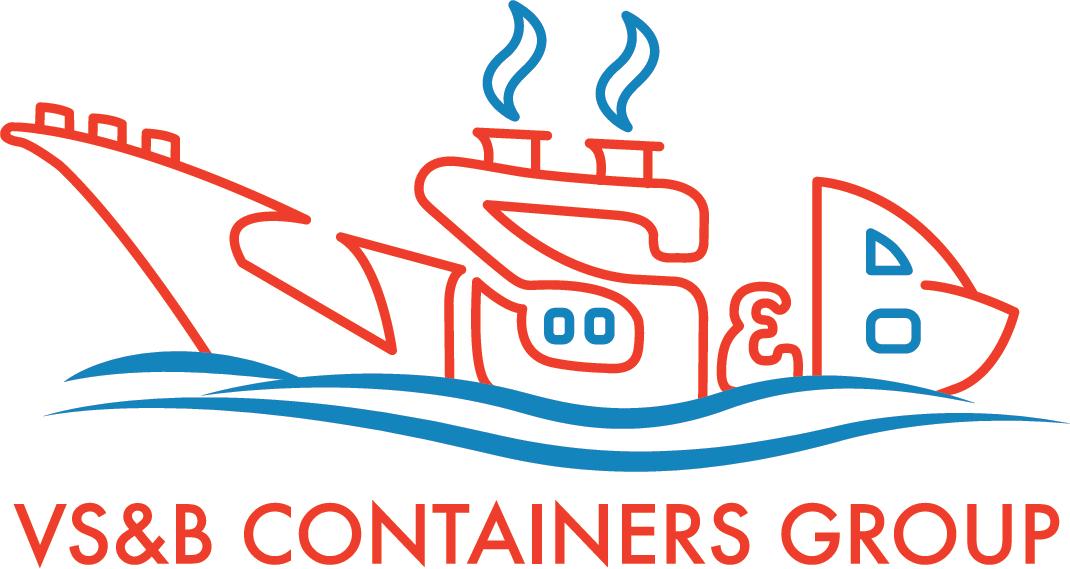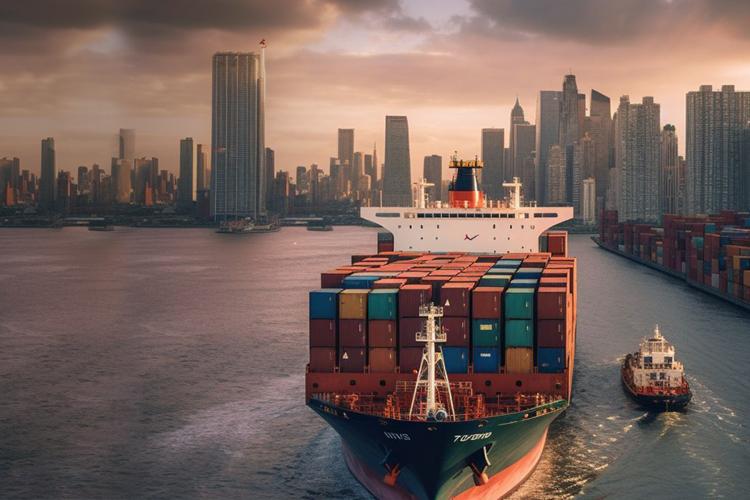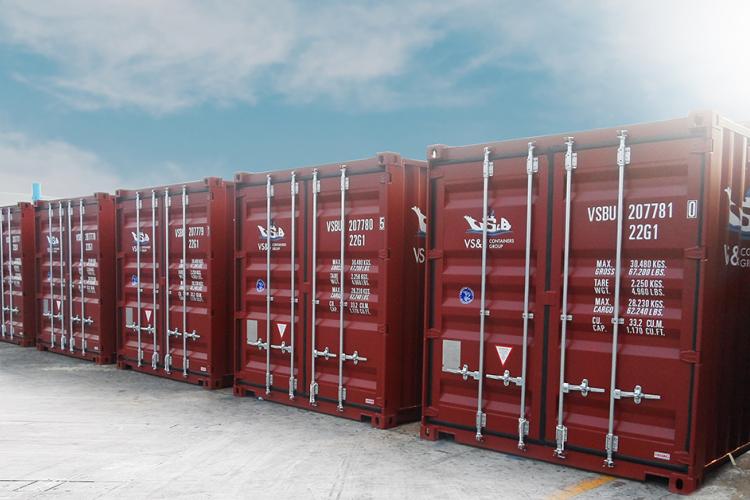The shipping industry has been significantly affected by recent trade tensions and tariffs between countries. Our blog, "The Impact of Trade Tensions and Tariffs on the Shipping and Logistics Industry" goes in detail.
31 July 2023
The recent boom in E-commerce has had a major influence on shipping and logistics, prompting new challenges and opportunities for service providers. Our blog, "The Impact of E-Commerce on the Shipping and Logistics Industry" tells more.
31 July 2023
How can you reduce transit times and enhance trade competitiveness by facilitating the smooth movement of goods to and from ports? Our blog, "The Role of Port Infrastructure and Inland Transportation Networks in the Shipping and Logistics Industry" tells more.
31 July 2023
How do you stand to gain when looking out for quality shipping containers? Our blog "WHAT ARE THE ADVANTAGES OF BUYING SHIPPING CONTAINERS FROM AN EXPERIENCED TRADER? explains
31 July 2023
Effective supply chain management has become imperative for the success of any business. It reduces costs, enhances customer service and profitability. Our blog "BEST PRACTICES FOR OPTIMIZING SUPPLY CHAIN MANAGEMENT" explains.
21 June 2023
How can you manage the transportation of temperature-sensitive goods in a controlled environment to ensure their quality and integrity? Our blog, COLD CHAIN LOGISTICS: ENSURING FRESHNESS AND QUALITY FOR TEMPERATURE-SENSITIVE GOODS explains.
2 February 2023
You might have seen some alpha-numeric sequences on containers. Ever wondered what they mean? These sequence markings are known as Container Markings. They are important for the monitoring and general safety of a container. Let’s have a look at each of these container markings individually to get an idea of what they mean and why it is needed.
7 December 2020
International shipping containers serve as crucial components of global trade, operating within a network of vessels navigating international waters. However, beyond their primary purpose, these containers offer immense potential for domestic use, serving as cost-effective solutions for various logistical challenges. International shipping containers can be considered as an extension of a ship which is expected to sail on international waters again within a specified time (usually 6 months). In India, if containers are intended for use within the country, they must be domesticated by paying import duty.









